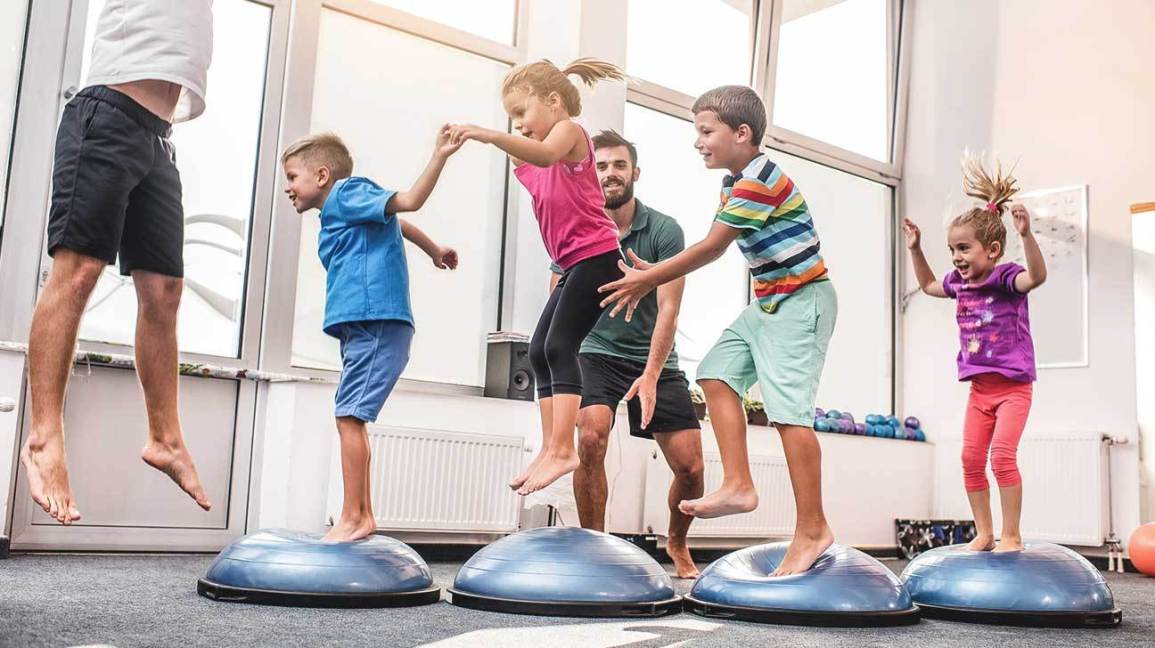Physical activity in early childhood may have an effect on cardiovascular health later in life, according to brand-new research study from McMaster University, where researchers followed the activity levels of numerous young children over a period of years.
They discovered that exercise in children as young as three years old advantages blood vessel health, cardiovascular fitness and is crucial to the avoidance of early danger signs that can lead to adult cardiovascular disease.
The study, called “Health Outcomes and Physical activity in Preschoolers,” released today in the journal Pediatrics, is the first to show the benefits of physical activity on blood vessel health in preschoolers.
” Many of us tend to think cardiovascular disease hits in older age, but arteries start to stiffen when we are very young,” explains Nicole Proudfoot, a college student in the Department of Kinesiology at McMaster University and lead author on the study.
” It’s essential to begin any type of preventative steps early. We need to ensure small children have numerous opportunities to be active to keep their hearts and blood vessels as healthy as possible,” she says.
More than 400 children in between the ages of 3 and 5 were associated with the study. Over the course of 3 years, the researchers measured and analyzed crucial markers of heart health: cardiovascular fitness, arterial tightness and blood pressure.
The scientists determined cardiovascular fitness by measuring how long the kids could last on a treadmill test and how fast their heart rates recuperated after workout. They measured arterial stiffness by how fast their pulse traveled through their body and utilized ultrasound imaging to measure the stiffness of the carotid artery. They likewise measured high blood pressure.
They tracked physical activity each year by having the kids use an accelerometer around their waist for one week, enabling scientists to determine the quantity and strength of their activity every day.
The researchers determined that while arteries stiffen over time, the process is slower in children who have been more active. Those kids likewise revealed more endurance on the treadmill, recommending they had better cardiovascular fitness, and their heart rates boiled down much faster after exercise. While the findings showed overall exercise had favourable results on cardiovascular health, more extreme physical activity was more advantageous.
” This research study recommends that strength matters,” says Brian Timmons, an associate teacher in the Department of Pediatrics at McMaster and the Canada Research Chair in Child Health & Exercise Medicine, who supervised the research. “Children benefit the most from energetic play, which indicates leaving breath by playing video games such as tag. And the more, the much better.”
The physical activity does not have to take place all at once, he recommends. Children need to be active throughout the day.
The findings were similar amongst young boys and women who took part in the research study, though researchers discovered physical activity had a positive impact on high blood pressure in the women just.
” We understand physical activity is essential to cardiovascular health, but these findings point to the protective impacts it can have very early in life,” states Maureen MacDonald, dean of the Faculty of Science at McMaster and co-investigator on the research study. “In future, we intend to take a look at if these advantageous impacts of exercise on heart health indicators in early childhood carry on into later childhood and eventually their adult years.”




